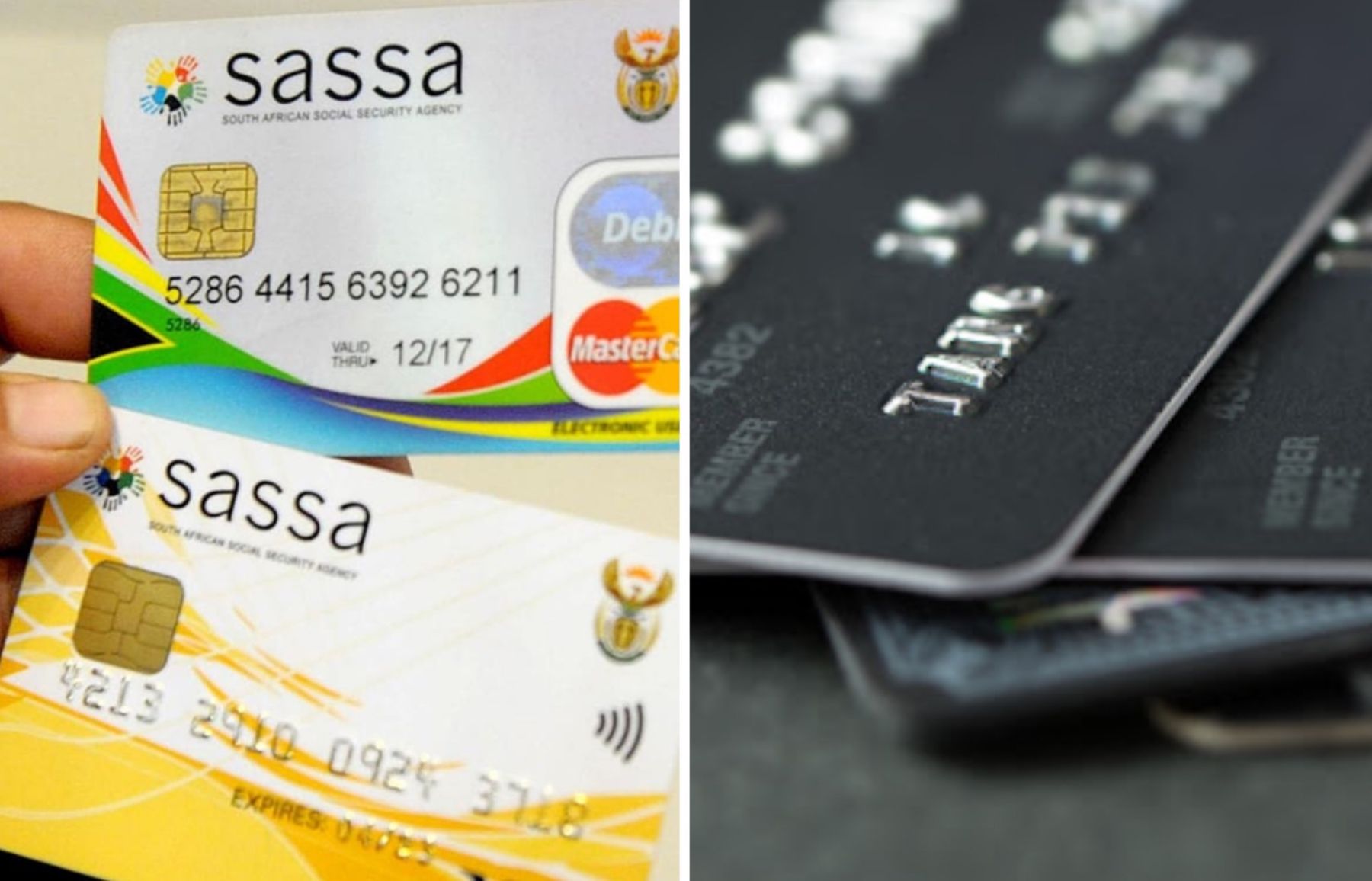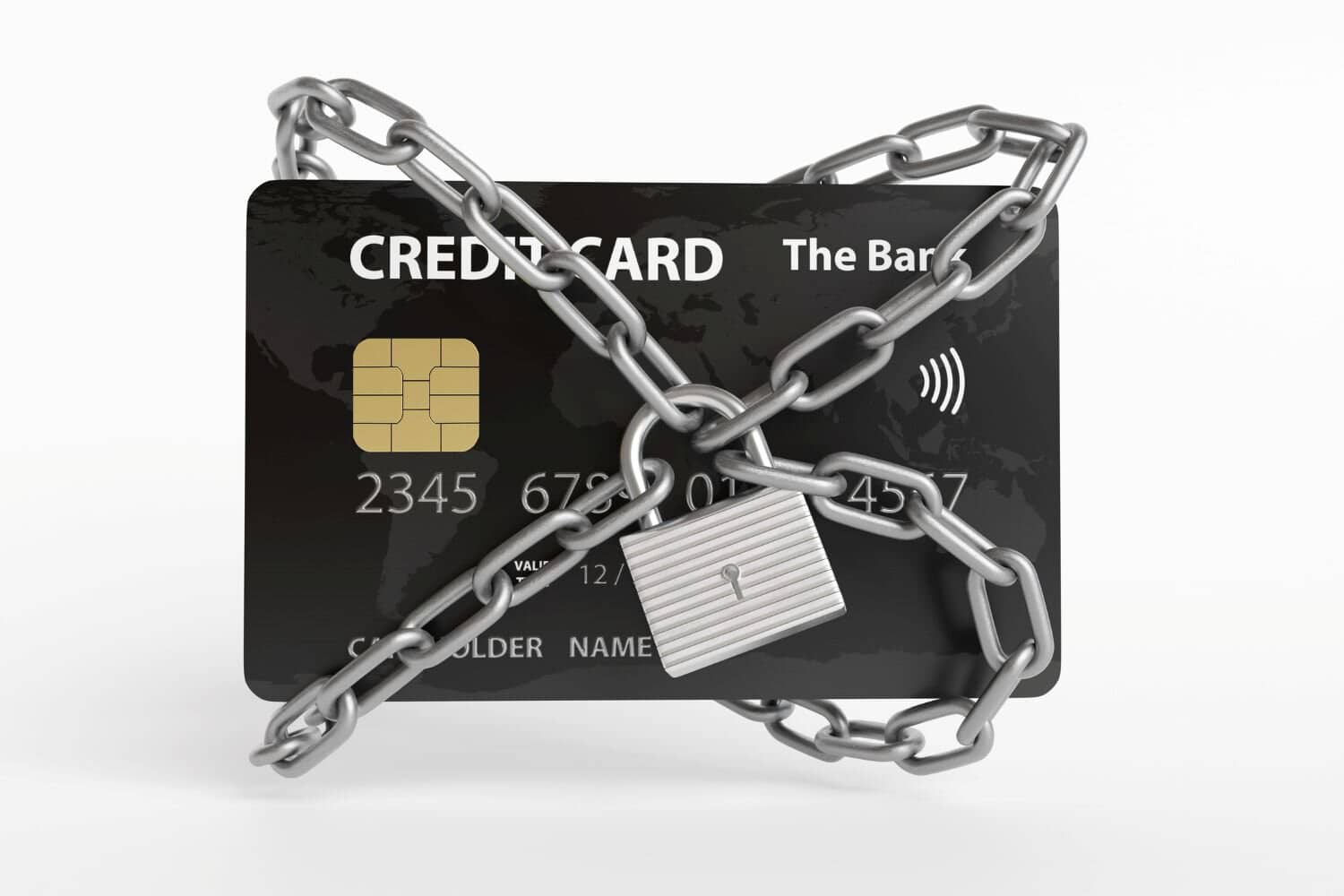It is easy to fall for credit scams as you try to find extra money quickly to afford everything you want to buy for the festive season.
As the festive season approaches, scammers are rubbing their hands together at the thought of all the unsuspecting consumers they can scam.
This is made easier by consumers struggling to make ends meet and therefore are eager to get access to credit.
But Ayanda Ndimande, strategic business development manager at Sanlam Credit Solutions, says it is time to tell these credit scams to scram. “As the festive spending ramps up, so do advance-fee loan scams and fraudsters who often target consumers who might struggle to access a loan from verified lenders.
They offer consumers fake loans that seem too good to be true. But what is an advance-fee loan scam?
“Scammers often promise large loans which do not require credit checks and send consumers offers for credit on email or SMS notification on their phones or they use flyers. For example, you could be asked to pay a small amount of money upfront, such as R1 000, which ‘unlocks’ access to up to R100 000 with a 4% interest rate. However, once you pay, you never receive the loan,” Ndimande explains.
She says the most significant warning sign is often the interest rate promised, especially if it is substantially below the prime rate, which is currently at 11.25%. The prime rate is what banks typically offer to their most creditworthy clients and therefore, a verified lender would rarely, if ever, offer rates far below this. “Any rate below 5% should immediately raise a red flag.”
ALSO READ: How to spot the signs and avoid falling victim to online scams
How to spot a credit scam
How else do you spot a scam? Ndimande says these scammers use techniques that get increasingly more sophisticated to lure consumers in every year and therefore it is vital to know what to look out for.
When you receive a notification offering you unprecedented access to a cash loan, Ndimande says you can spot a scam by checking for:
- Lack of personalisation. Legitimate lenders personalise correspondence. At Sanlam, for instance, an email would say, ‘Dear [your name]’, rather than, ‘Dear client’.
- The branding may look legitimate but take a closer look. Even if you are unfamiliar with a company’s branding, subtle details can reveal that something is not as professional as it appears. Look out for inconsistencies in font styles and sizes, overly colourful designs, or a lack of polish.
- Additionally, poor spelling, punctuation, and grammatical errors are major red flags. Legitimate lenders pay close attention to their language and presentation and therefore small mistakes can signal a potential scam.
- Be wary of dodgy contact information. Legitimate lenders will never use a cell phone number as a single point of contact. Also beware of those who use a bulk email service, like Gmail, in their contact details.
- Look for legitimate authority details. Trustworthy financial institutions are compelled to include their standard authority markers in all correspondence with consumers. Ensure that the lender is registered as a financial services provider (FSP) and authorised by the Financial Sector Conduct Authority (FSCA).
ALSO READ: Banking scams are increasing – here’s how to protect yourself
How to secure your personal information
How can you secure your personal information? “Fraudsters will go to great lengths to get hold of your personal information and therefore you must ensure that you keep it secure,” Ndimande says.
You can do this by:
- Protecting your passwords. Use strong/difficult passwords and avoid storing them all in one place.
- Deleting all your banking notifications and SMSs as soon as they come in. If someone steals your phone, you do not want them to immediately know who you bank with.
- Place your banking app(s) in a hidden space on your phone.
- Shred or burn all physical copies as soon as you do not need them anymore.
Ndimande says if someone ‘stole’ your identity to access a loan, the best way to spot this is to check your credit report regularly for unusual activity.
“An account goes into arrears after the first month of non-payment and can be handed over to legal collections after the third month. Checking your credit score regularly allows you to identify and address issues before they escalate to this stage.”
ALSO READ: Watch out: scammers clone social media and websites to steal from you
How to check if you were scammed
And what can you do if you get scammed despite following this advice?
Firstly, Ndimande says, never respond to one-time pins (OTPs) if you are not transacting, check your bank statements regularly for suspicious transactions and monitor your credit report closely, ideally monthly.
“Any irregular changes or movements could flag fraud. If you suspect someone is using your banking details to gain access to credit, alert your bank immediately and request them to close your account for further investigation.
“Also report the crime to the police and obtain a case number, as this will likely be required for follow-up and resolution.”
Ndimande says you must check your credit score regularly as well. “If your score suddenly shifts but your behaviours have stayed consistent, it is another big red flag.”














